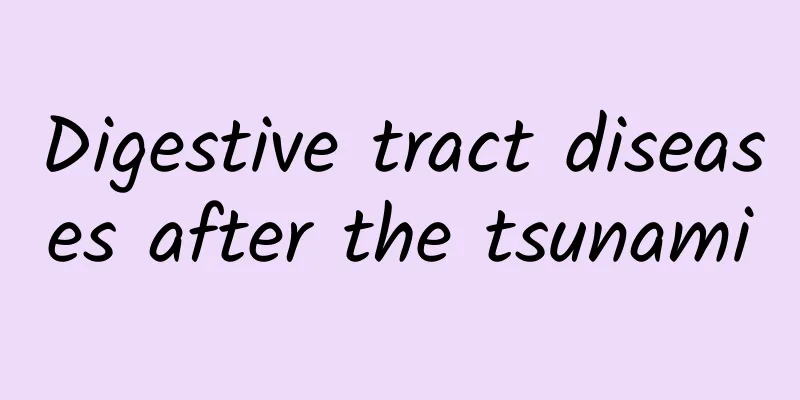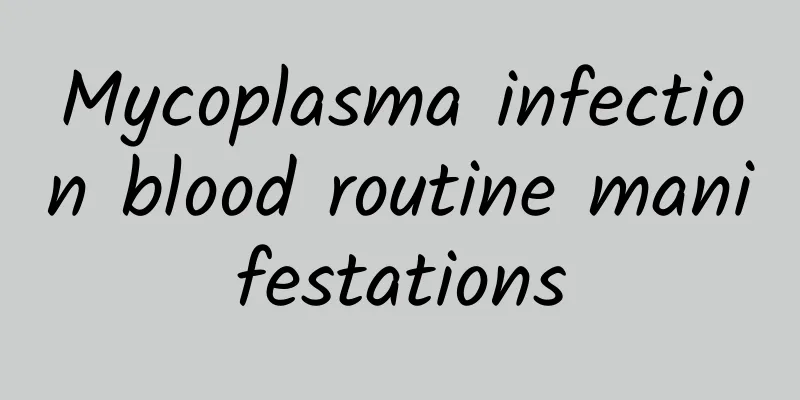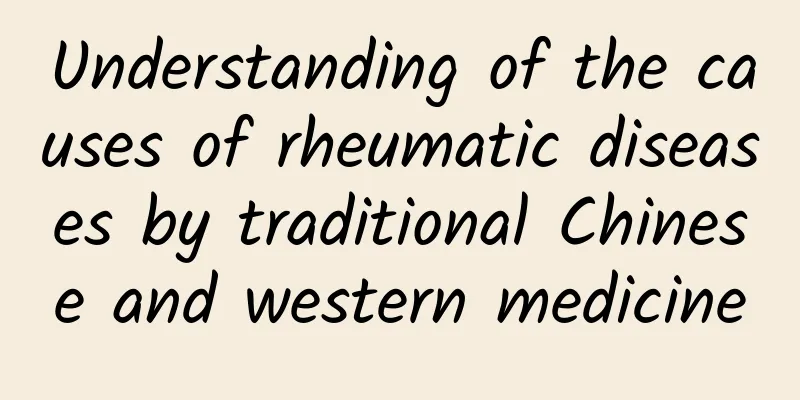Digestive tract diseases after the tsunami

|
Tsunami is a relatively serious natural disaster. It often causes the emergence of some epidemics after the tsunami, so it is very important for defense work. Some digestive tract diseases should be strictly prevented after the tsunami. This is because after a major disaster, some diseases such as hepatitis or typhoid fever may be transmitted through water, and epidemic diseases may break out. Therefore, epidemic prevention work must be promoted in a timely manner. Prevent digestive tract diseases after tsunami After a major disaster, water-borne diseases such as typhoid, dysentery and hepatitis that are easily transmitted through water are very likely to spread; in addition, the possibility of acute respiratory infections is also greatly increased, especially in areas with relatively weak health infrastructure, which are prone to large-scale infections and cause more serious consequences. After the tsunami, digestive tract diseases are the diseases that need to be prevented and paid attention to first, and the threat mainly comes from unclean drinking water and food. If weak disaster victims drink contaminated water, waterborne diseases can spread easily. In addition to digestive tract diseases, acute respiratory infectious diseases are another disease that is prone to spread. Disaster victims with weaker immunity are crowded in small temporary shelters and can easily infect each other with respiratory diseases or even pneumonia. In addition, diseases spread by mosquitoes and flies should also be taken seriously. The humid environment after the tsunami is very suitable for the breeding of mosquitoes and flies. Local mosquitoes usually carry malaria and dengue viruses. After being bitten, people may experience symptoms such as high fever, vomiting, rash, joint pain, etc. In severe cases, it may cause heavy bleeding and threaten life safety.The key to epidemic prevention is timely response. After the tsunami occurs, the most important thing is to seize the time to provide clean water, food, sanitary shelter and necessary medical services. On this basis, relevant departments should promptly provide disaster victims with vaccines against epidemic diseases such as dengue fever, malaria, etc. At the same time, the bodies of the victims and animal carcasses must be collected and disposed of quickly to avoid providing a breeding ground for pathogens. Homes, streets, buildings and other places where mosquitoes and flies are likely to breed should also be cleaned and disinfected to prevent the disease from spreading faster. So, how should ordinary people protect their health and safety after a disaster? Professor Liu said, "The most important thing is to stay calm" and not run around in panic. Disaster victims should first seek relevant medical facilities and temporary rescue points. Never try to find water and food on their own because of hunger and thirst, as this is very unsafe. Also, keep your body warm and dry, treat wounds in a timely manner, and do everything possible to reduce the chance of illness. |
<<: Whole gastrointestinal tract radiography
>>: The order in which food passes through the digestive tract
Recommend
What are the differences between Xiao Chaihu and Zheng Chaihu?
When I go to a pharmacy to buy medicine, I usuall...
The difference between hemifacial spasm and facial paralysis
There are actually some muscles in the human face...
Can I use aloe vera gel after laser freckle removal?
Spots will be very obvious on our skin because th...
Why is my waist sore?
Lumbar disease is a common problem, but some peop...
What are the causes and clinical manifestations of peripheral facial nerve palsy?
Peripheral facial nerve paralysis is a disease in...
Can I still drink Chinese medicine if it is mushy?
Some people get the Chinese medicine mushy when t...
What does a lung endoscopy do?
A pneumonoscope, also known as a bronchoscope, is...
What should we pay attention to when eating a diet high in blood lipids?
As people's living standards continue to impr...
Fibrous connective tissue hyperplasia
Keloid is a common skin problem caused by the pro...
Oral rehydration salts
When patients with diarrhea go to the hospital fo...
Wild motherwort pictures
When it comes to talking about Motherwort Granule...
What is damp heat constitution
Many people will be diagnosed with a damp-heat co...
Side effects of anesthesia during surgery
Generally, anesthesia will be administered during...
What to do if you have too much heat in your body
If there is a lot of heat in the body, it will of...
Taboos after face-lift injection
There are certain taboos after getting a face-sli...









